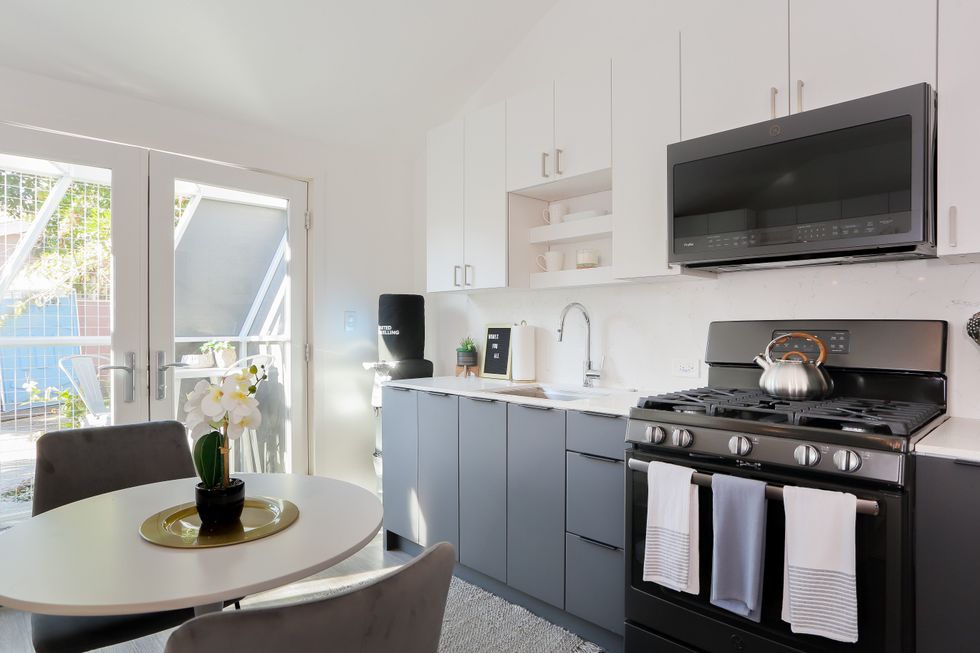Culver City-based United Dwelling, which aims to help alleviate California's critical housing shortage by helping homeowners turn their garages into stylish studio homes they can rent out to tenants, announced Tuesday it has raised $10 million in series B funding to be able to build more units.
"This is the biggest problem facing California," said Steven Dietz, founder and CEO, before pausing for a moment to add: "Well maybe it's the second biggest problem right now."
United Dwelling, which has gotten glowing press in The New York Times and Fast Company, was born out of a loosening of California laws in 2016, further relaxed this year, that allow more homeowners to build Accessory Dwelling Units, or ADUs. The company says there are more than 250,000 underused two-car garages in L.A. County, the vast majority of which are simply being used to store junk. "That's a really bad use of residential space," said Dietz.
United Dwelling partners with homeowners to find a contractor for construction, find qualified tenants and manage and maintain the property. It leases the garage or land for a set number of years (usually 15 years) and the homeowner gets a cut of the rent or can choose to buy back the ADU at any time for $79,900.
To save on construction costs, United Dwelling will only build when it has secured contracts on five properties within two miles of each other. The company targets lower-income neighborhoods and so far all of its projects have been along the Expo Line west of the University of Southern California.
"What we do is not appropriate on a four million dollar million property," said Dietz.

Westwood-based Alpha Edison led the round, which included investment from Lightspeed Venture Partners. The funds will be used to support the installation of over 150 ADUs in 2020 and 1,500 in 2021.
Dietz's career has gone in the opposite direction of the traditional tech trajectory. He was a founding general partner at Upfront Ventures in 1996 and stayed at the firm for two decades before leaving to become an entrepreneur in 2016.
Dietz started raising the series B at the beginning of the year. Just as the round was ready to close, COVID-19 hit. "I had term sheets and the world started to change," he said. "I thought the valuation had to adjust. We took it down 10% and moved forward."
The company paused construction for five weeks but is now ramping up again. Some practices it adopted during the pandemic will become permanent. For instance, the company saw no drop off in conversion rates when it switched from visiting people at their homes to virtual consultations, so that will stay.
Dietz acknowledges it is a strange time to be building a new company, but he notes that even though it has taken a temporary backburner, the state's housing problem is not going away. He also says a recession could make the company's thesis even more appealing.
"I think the economic situation makes a second source of income more interesting to homeowners," he said.
- Los Angeles Mayor Eric Garcetti on Startups and technology - dot.LA ›
- These Granny Flat Designs Are Pre-Approved in LA - dot.LA ›
- How 3D Printing Could Help Tackle Homelessness in LA - dot.LA ›
- New Bills, New Startups Address Housing in California - dot.LA ›
- LA's ADU Culture Still Faces Financial Barriers - dot.LA ›
- Can New Tech and ADUs Solve LA’s Housing Crisis? - dot.LA ›

